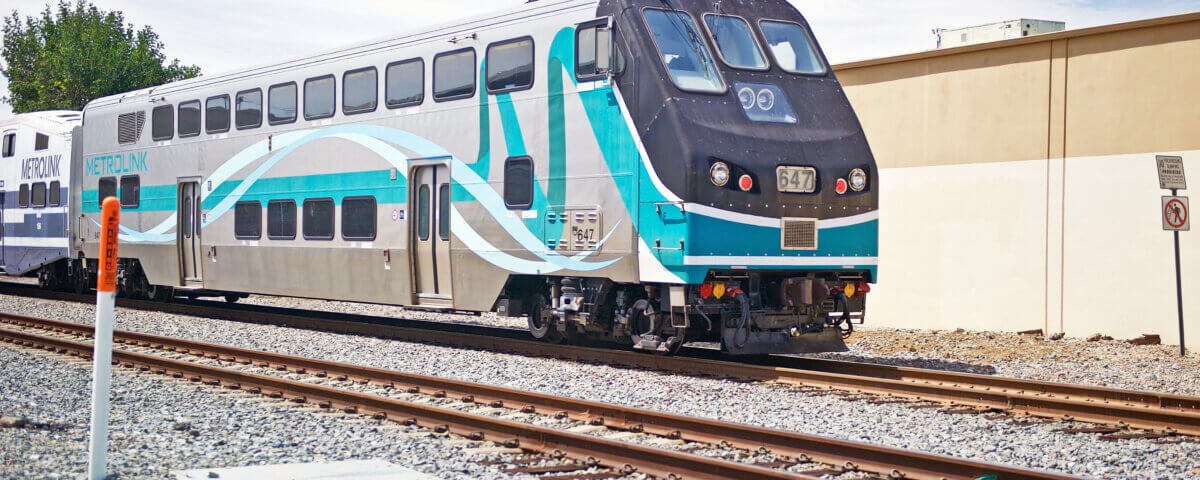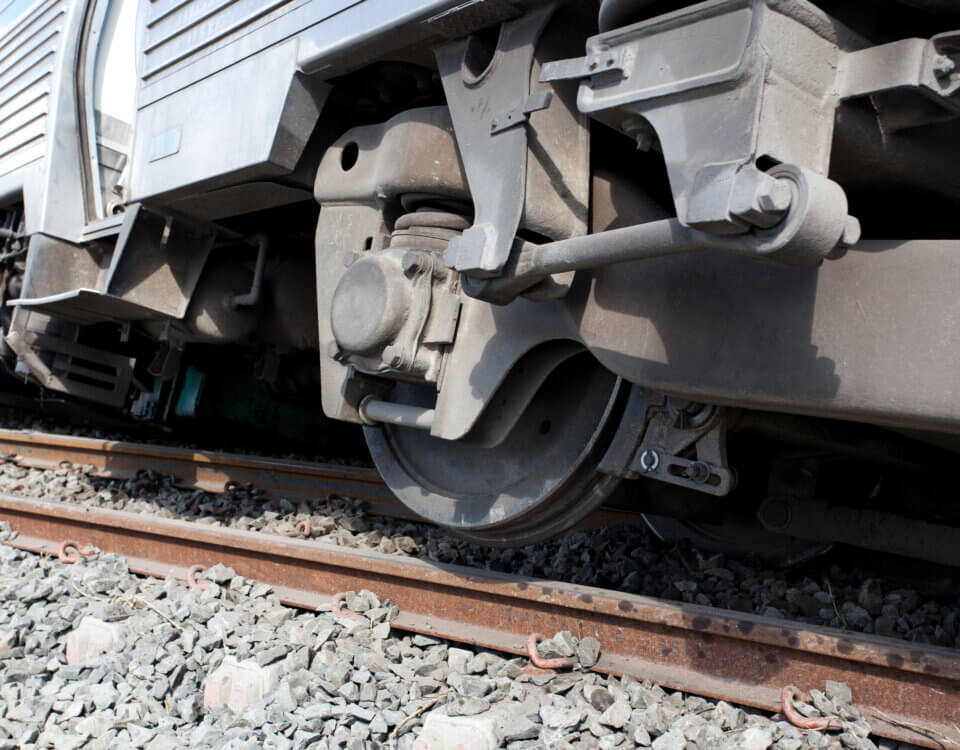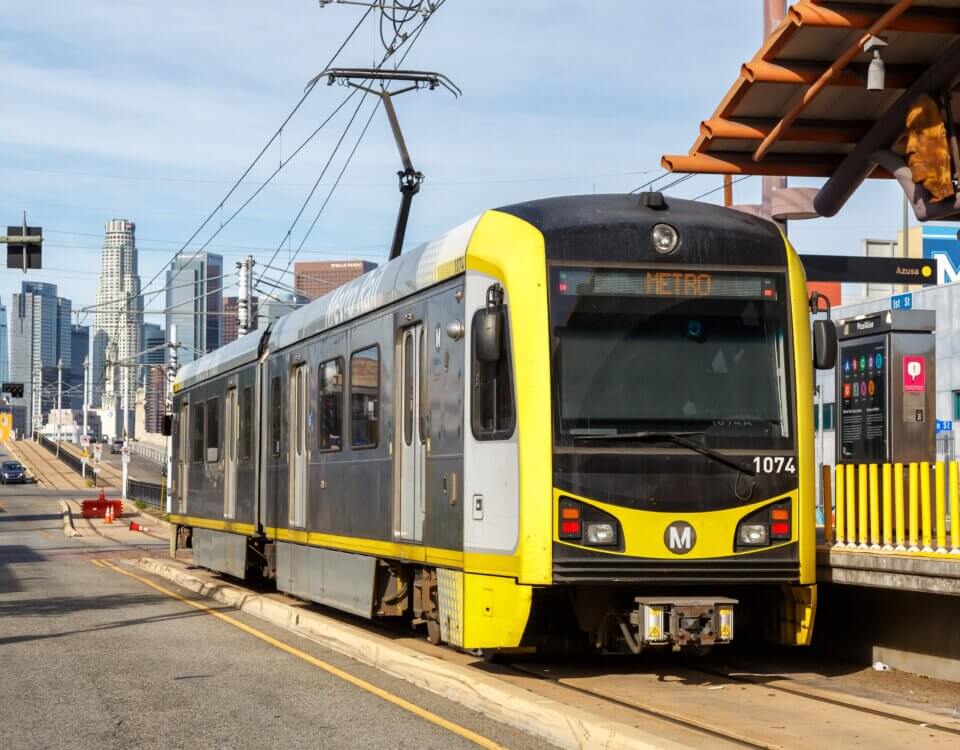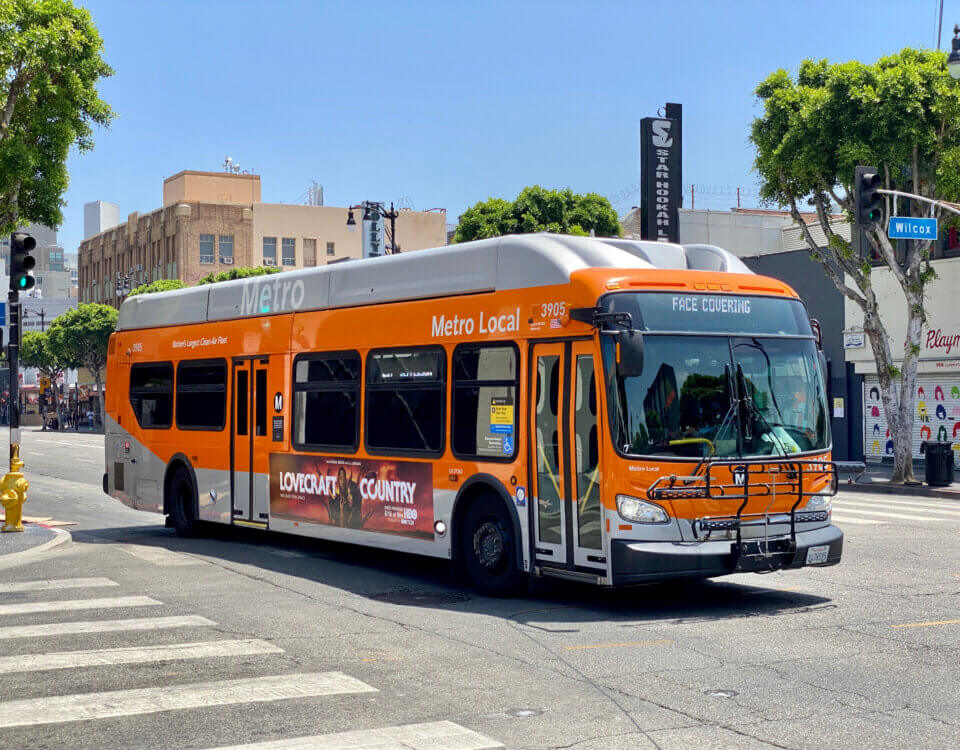California has one of the busiest passenger rail systems in the country, including Metrolink, Amtrak, BART, and freight rail lines. While train travel is generally safe, accidents do occur often with devastating consequences. Understanding the causes can help victims and their families pursue justice. Here are the 10 leading causes of train and Metrolink accidents in California.
1. Human Error
Train operators, conductors, or dispatchers may make mistakes such as speeding, failing to brake, or misreading signals.
Source: https://www.fra.dot.gov/
2. Mechanical Failures
Defective brakes, signal malfunctions, or faulty equipment can lead to catastrophic derailments or collisions.
Source: https://www.ntsb.gov/
3. Track Defects
Broken rails, worn tracks, and poor maintenance are major contributors to derailments.
Source: https://railroads.dot.gov/
4. Signal Failures
If crossing gates or lights fail, cars and pedestrians may unknowingly enter the tracks, leading to crashes.
5. Derailments
High speeds, sharp curves, or defective wheels can cause trains to leave the tracks.
6. Collisions with Vehicles
At-grade crossings are especially dangerous in California, where trains frequently collide with cars or trucks stuck on the tracks.
7. Pedestrian Trespassing
California reports high numbers of pedestrians struck by trains, often when crossing tracks illegally or wearing headphones.
8. Weather Conditions
Heavy rain, mudslides, and flooding can weaken tracks or obstruct crossings, causing dangerous derailments.
9. Inadequate Inspections
Railroad companies are required to conduct regular inspections. Skipping or rushing these checks leads to unsafe conditions.
10. Negligence of Rail Companies
Failure to properly train staff, maintain equipment, or enforce safety standards makes rail companies legally responsible for many preventable accidents.
Why Train Accidents Are Different from Car Accidents
Train and Metrolink accidents often involve dozens or hundreds of victims, making lawsuits more complex. Liability may fall on:
- The train operator
- The rail company (Metrolink, Amtrak, or freight lines)
- Maintenance contractors
- Equipment manufacturers
- Government agencies responsible for crossings and infrastructure
At Hillstone Law, we have the resources and experience to investigate large-scale accidents and fight for victims against powerful rail companies and insurers.
Free Consultation
If you or a loved one has been injured in a train or Metrolink accident, call Hillstone Law today for a free consultation. We’re ready to protect your rights and hold negligent parties accountable.
Note: These blog posts are created solely for the use of Hillstone Law. The information is gathered from internet research, publicly available sources, and artificial intelligence (AI) tools such as ChatGPT. While we aim to share helpful and educational content, Hillstone Law does not independently verify every detail. Some information may be incomplete, outdated, or subject to change without notice. If you believe any part of a post is inaccurate, misleading, or infringes upon copyright, please contact Hillstone Law immediately so we can review it and take appropriate action, including correction or removal.
Disclaimer: The material provided in these blogs is for general informational purposes only and should not be considered legal advice. Reading these posts does not create, and is not intended to create, an attorney-client relationship with Hillstone Law. Our intent is to share knowledge, raise awareness, and provide helpful resources to the public; however, Hillstone Law makes no warranties or guarantees about the accuracy, completeness, or reliability of the information provided, and expressly disclaims liability for any actions taken in reliance on it. The photos used in these posts are for illustrative purposes only and do not depict actual clients, individuals, or incidents unless expressly stated. If you or a loved one has been injured in an accident, please contact Hillstone Law at (855) 691-1691. Our attorneys are available to answer your legal questions and help you understand your rights.







